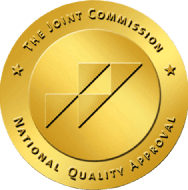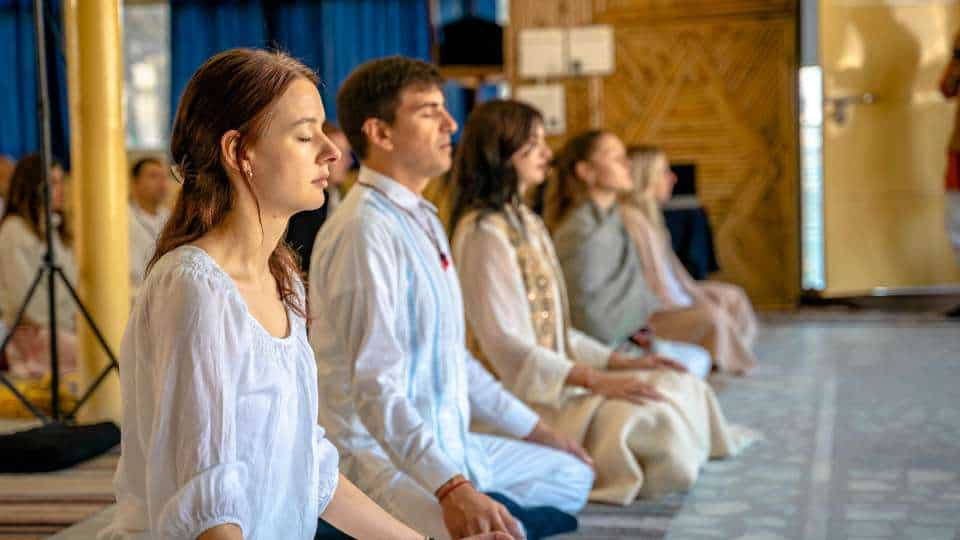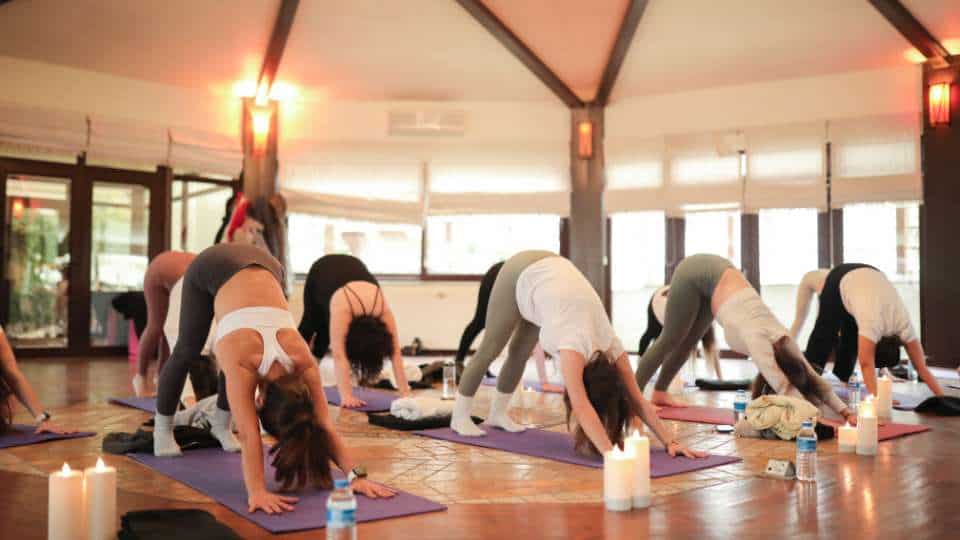Oregon, located in the Pacific Northwest region of the U.S., is characterized by diverse landscapes that include forests, mountains, farms, and beaches. The state is known for its progressive and environmentally friendly policies. Cities like Portland are celebrated for their quirky, avant-garde culture and are home to iconic coffee shops, boutiques, farm-to-table restaurants, and microbreweries. The state’s beautiful coastline, Mount Hood, and Crater Lake National Park draw numerous outdoor enthusiasts each year.
Oregon, located in the Pacific Northwest region of the United States, is a state known for its diverse landscape of forests, mountains, farms, and beaches. It's bordered by Washington to the north, Idaho to the east, Nevada and California to the south, and the Pacific Ocean to the west. The Columbia River delineates much of Oregon's northern boundary, while the Snake River delineates much of its eastern boundary.
Oregon's largest city, Portland, is famed for its quirky, avant-garde culture and is home to iconic coffee shops, boutiques, farm-to-table restaurants, and microbreweries. Other significant cities include Salem (the state capital), Eugene, Gresham, and Hillsboro.
The state has a mixed economy with agriculture, fishing, hydroelectric power, timber, and technology (with several top tech companies such as Intel operating significant facilities there) playing significant roles. Oregon is also a major producer of wine, ranking third among U.S. states in terms of wineries.
Oregon's landscapes range from the windswept Pacific coastline to the Cascade Mountains, and from verdant vineyards to high desert country in the east. The state is also home to Crater Lake National Park, Mount Hood, Multnomah Falls, and the scenic Columbia River Gorge.
The state has a reputation for progressive policies, having been the first state to enact a bottle bill (requiring can and bottle recycling) and one of the first to legalize recreational marijuana use. Oregonians also enjoy access to excellent outdoor recreation opportunities, including hiking, fishing, biking, and winter sports.
For more detailed information, you can visit the official website of Oregon here.




































